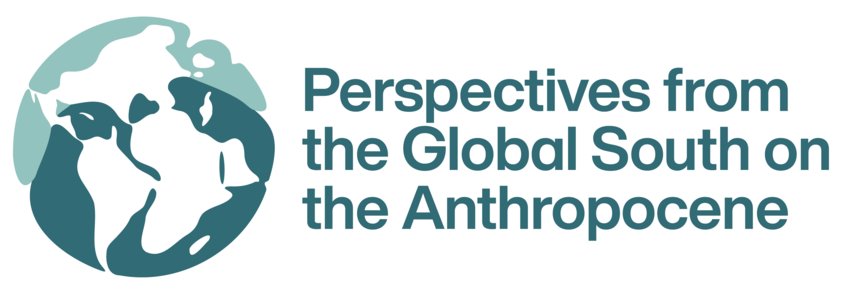
Archaeological, Historical and Ancestral perspectives from the Global South to navigate the Anthropocene crisis
An Assessment Report for the Convention of Parties (COP-30)
We are living now in the Anthropocene, an epoch when human activities have undeniably left an indelible mark on Earth's systems. Beyond the ongoing discourse surrounding this epoch's temporal boundaries, it becomes increasingly evident that the factors contributing to the Anthropocene are deeply rooted in history and often characterized by stark inequalities. Archaeology, history, and paleoecology have provided compelling evidence that human-environment interactions have engendered profound and enduring impacts on contemporary ecosystems, potentially resulting in feedback loops within Earth's complex systems.
The advent of European colonialism and the reconfiguration of the Global South's geopolitical landscape have disrupted millennia of Indigenous landscape management practices, thereby sowing the seeds of contemporary global socioeconomic disparities and 21st-century challenges.
To address these issues, we have assembled a panel of specialists who will critically examine the Global South and its rich scholarly traditions in the following topics.
- Conceptual Framework from a Global South Anthropocene, its historical roots and contemporary climate and biodiversity challenges.
- Paleoecological reconstructions and land use, and its relevance for understanding past human settlement’s legacies for contemporary ecosystem dynamics.
- Biodiversity management and entanglements across the Holocene, and its relevance to the role of historical processes in reshuffling communities and nutrient flows across different parts of the globe.
- Global, national and traditional heritage protection, and its relevance to policies and practices of cultural-natural heritage integration.
This endeavor is a collaborative, multi-author initiative, and we welcome participation from interested scholars and experts. The panel's findings will be presented to the Convention of Parties (COP-30) community in 2025 in Belém, Brazil, underscoring the urgency of these discussions in addressing the Anthropocene crisis.
For inquiries and collaboration opportunities, please reach out to us at archglobalsouth@gmail.com.
You can access the full call for collaboration letter here.
Upcoming Meetings
In the coming years, we plan to convene specialists from universities, research institutes, and local traditional communities in various meetings. These gatherings will serve as forums for presenting the key questions and findings of this collaborative platform as it takes shape. Our activities and updates can be found on our website and at the following international congresses:
1. VI International Meeting for Amazonian Archaeology
- Date: September 16th to 22nd, 2024
- Location: San José del Guaviari, Colombia
- Website: https://eiaa.uniandes.edu.co/
Symposium “Towards an archaeological COP-30: engaging historical and traditional knowledge from the Global South for navigating the Anthropocene”
2. World Congress of Environmental History
- Date: August 18-23, 2024
- Location: Finland
- Website: https://wceh2024.com/
Panel Coordination
Patrick Roberts: Decol01: Exploring European colonial impacts on tropical land-use
Presentations
Danielle Viegas: Tropical “lost cities”? Developmentalist policies and the narratives on the abandonment in the Brazilian Amazon along the 20th century. (Panel Cap02 Landscapes of Deindustrialization)
Freg Stokes: Rubber Reversals: The Violent History and Sustainable Potential of Latex-Producing Tropical Plants, 1850-2023. (Decol01: Exploring European colonial impacts on tropical land-use)
Laura Furquim: The occult face of Columbian Exchange: the European impact to traditional indigenous food ways and food security in the Brazilian Amazon. (Panel Land07 Transformations of Traditional Food Ways: Coloniality, Resistance and other Modes of Providing Sustenance )
Patrick Roberts: The importance of thinking about tropical human land use in the context of the ‘Anthropocene’, past and present. (Decol01: Exploring European colonial impacts on tropical land-use)
3. IACA - International Association for Caribbean Archaeology
- Date: 2024
- Location: Nevis Island
- Website: https://blogs.uoregon.edu/iaca/41-2/
4. INQUA Global South Group
Participation details to be confirmed
We look forward to your engagement and participation in this vital exploration of the Anthropocene crisis from the perspectives of the Global South.